Ivy Ross judges Wallpaper* Design Awards 2021
Ivy Ross, the vice president of design for hardware at Google, on the challenges of designing during a pandemic, and her thoughts on our annual Wallpaper* Design Award honours
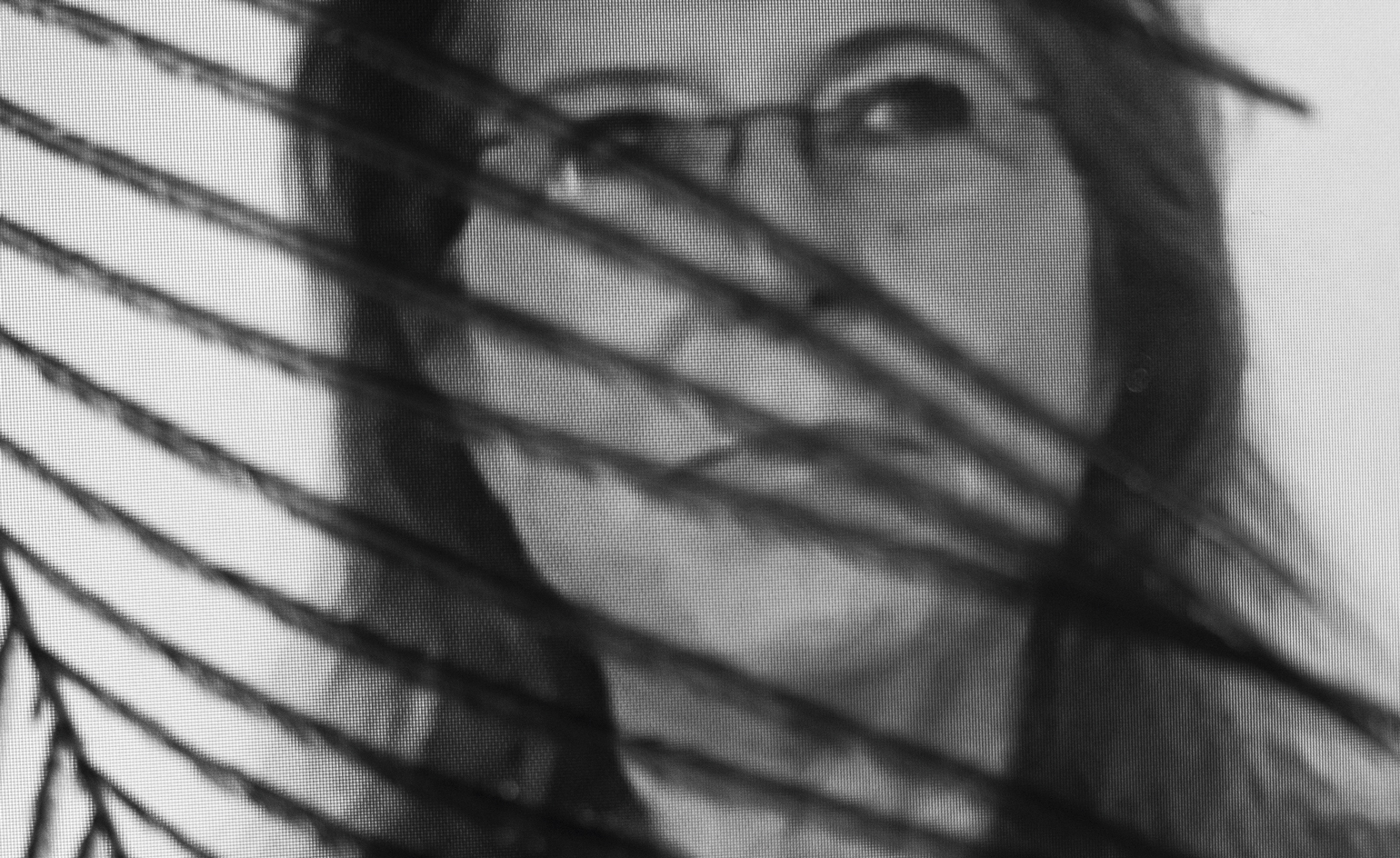
Larry Fink - Photography
2020 is likely to be henceforth known as the year we all brought our workplaces home with us. With this came the challenges of establishing a new work-life balance, re-evaluating our relationship with technology, and maintaining the human-to-human connection online, which everyone will continue to navigate in 2021 and beyond.
Ivy Ross, the vice president of design for hardware at Google, knows all about treading the line between technology and the human experience. Since forming the department in 2016, Ross has led her team to launch and establish Google’s family of consumer hardware products, which have collectively earned over 125 global design awards. From the Google Pixel smartphones – its fifth (and most recent) iteration is waterproof and packs in more technology and a better camera than before, at a more affordable price point – to the Nest line of speakers that boasts high quality sound with intuitive smart capabilities, Google’s product suite not only gives the competition a run for its money, but is distinctive in its bold, tactile and emotional design too.
Ross has been crucial in creating Google’s intuitive design signature. An accomplished designer and jewellery artist in her own right, she is passionate about combining art and science to bring ideas to life, and believes in the central role of human potential and relationships. In 2019, she placed the burgeoning field of neuroaesthetics at the heart of an interactive installation in Milan for Salone del Mobile (W*242). Created by Google in partnership with Johns Hopkins University’s Arts + Mind Lab, the experience was backed up with data to show that an aesthetically pleasing environment truly has a positive impact on the brain.
With these principles in mind, Google’s latest consumer products, launched in October 2020, are a welcoming vision of rounded edges, soft surfaces and soothing pastel colours like sage green and sky blue. From the seamless integration of Google’s smart technology in the Nest products (Google Assistant can be used, for example, to control lighting, start a playlist or even a morning routine that can involve skimming news headlines and brewing coffee) to the launch of Google TV, a new foray into entertainment that promises to take the pain out of finding something to watch by tracking trends and browsing behaviour, Google has re-tooled the ways we use technology in a bid to make daily life a little easier.
This is Mother Nature telling us, stop, go to your rooms, think about what you’ve been doing for the last 50 years and don’t come out until you have a more balanced perspective on a lot of things.
This, of course, was put to the test when Google, like so many other companies, mandated that all of their employees work from home from mid-March. Ross and her team had to rethink the way they finesse and deliver designs for products that will launch in 2021 and even 2022.
‘Design is about solving problems and what [our team] has done is figure out how to solve the problem of not being together. I’ve [only] been down to the design headquarters four or five times in the last year, when we absolutely had to be around the table at the same time, and then only with one or two folks in a building that was designed for 300,’ she shares, adding, ‘Everything [now] is just a little harder, especially since we’re manifesting physical objects. What really saved us is the ability to have prototypes either delivered or shipped from house to house. We’re such a need-to-touch-and-feel kind of group.’
Not long after California went into lockdown, Ross put together a group of 12 colleagues, who ‘would talk every week about this idea of regeneration, what we think this all means, and what would be the long-term outcomes.'
She says, ‘I then invited my whole team to write fairy tales from the future. A fairy tale starts once upon a time, it always has a happy ending and there’s a lesson in between. I invited them to create a fairy tale in five years’ time that looks back at this invisible virus that locked everyone in their houses.’
‘It's important we, as the creatives in the company, start putting our minds towards what we think the new normal should be. I have a very diverse team and I wanted to see where the patterns are. I got about 50 stories, I picked 20 of them and we produced a little book called Fairy Tales from the Future, which I gave to all the execs in the hardware group. People said it immediately helped set them up for the possibilities early on, rather than focus on the sorrow.’
Personally, Ross finds the notion of wellbeing to be the most pertinent issue arising from the global pandemic. ‘Since the Industrial Revolution, we’ve just kept working, optimising, producing more. We’ve flatlined as a society and have forgotten what makes us feel alive, what makes us happy, what’s essential, [and] what is life-reinforcing. The opposite of work for me is play. Playing is doing something different from what we do day in and day out but without an outcome. We just haven’t given ourselves permission to play enough.’
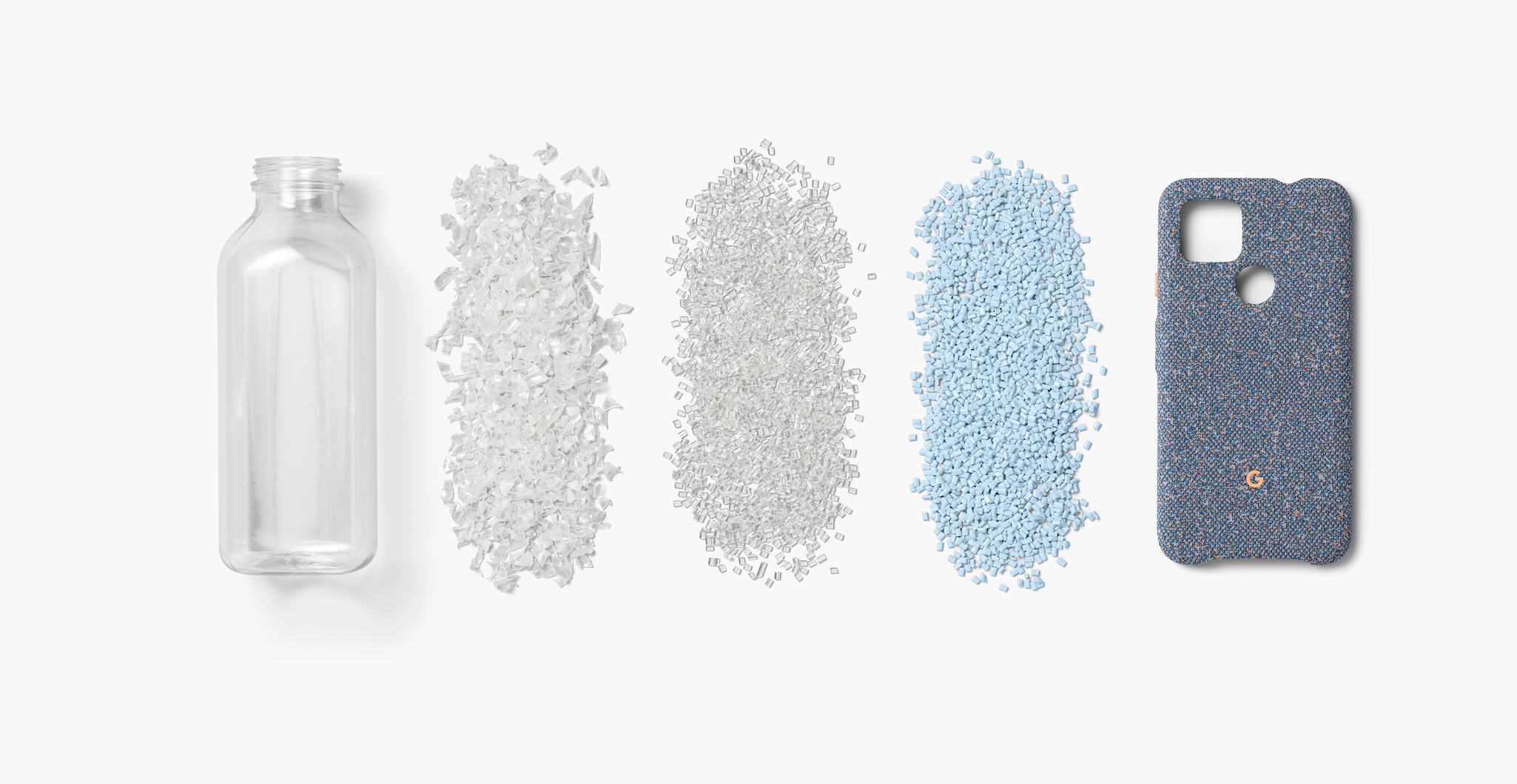
The design of the Google Pixel phone case
She continues, ‘Just as important is the wellbeing of the planet. We [haven’t] stopped to think about what we are doing to the planet in our different behaviours. In some ways this is a big warning. This is Mother Nature telling us, stop, go to your rooms, think about what you’ve been doing for the last 50 years and don’t come out until you have a more balanced perspective on a lot of things.’
It comes as no surprise then that Ross cast her votes with both sustainability and equality in mind. Her choice for ‘Life Enhancer of the Year’, the winning portable handwashing station by NMBStudio, impressed her not only with its simplicity in design but also ‘its ability to be fabricated locally by the community, for the community. We should be creating more designs that can manifest this way in the world,’ she says.
Wallpaper* Newsletter
Receive our daily digest of inspiration, escapism and design stories from around the world direct to your inbox.
Pei-Ru Keh is a former US Editor at Wallpaper*. Born and raised in Singapore, she has been a New Yorker since 2013. Pei-Ru held various titles at Wallpaper* between 2007 and 2023. She reports on design, tech, art, architecture, fashion, beauty and lifestyle happenings in the United States, both in print and digitally. Pei-Ru took a key role in championing diversity and representation within Wallpaper's content pillars, actively seeking out stories that reflect a wide range of perspectives. She lives in Brooklyn with her husband and two children, and is currently learning how to drive.
-
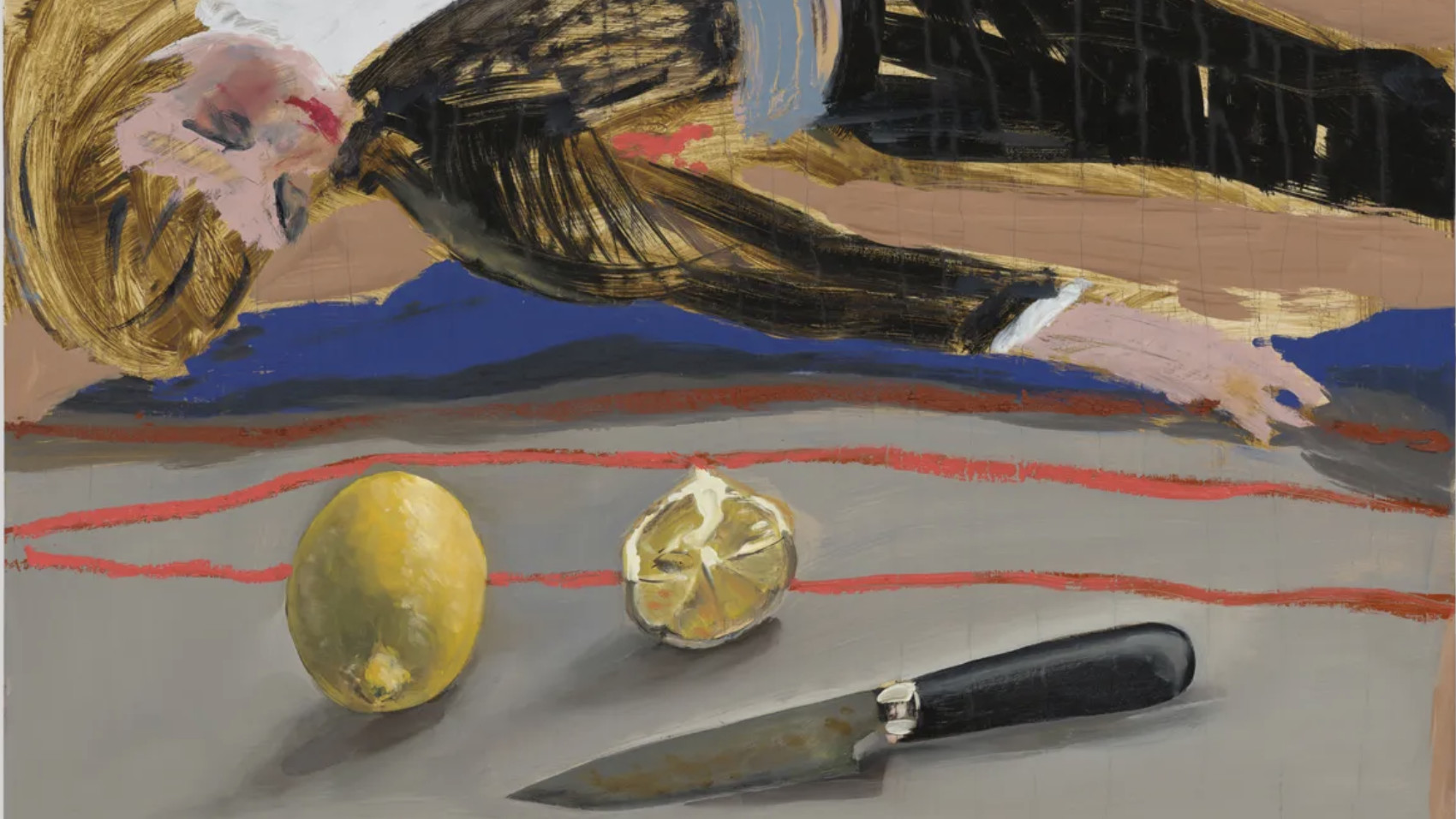 ‘Humour is foundational’: artist Ella Kruglyanskaya on painting as a ‘highly questionable’ pursuit
‘Humour is foundational’: artist Ella Kruglyanskaya on painting as a ‘highly questionable’ pursuitElla Kruglyanskaya’s exhibition, ‘Shadows’ at Thomas Dane Gallery, is the first in a series of three this year, with openings in Basel and New York to follow
By Hannah Silver
-
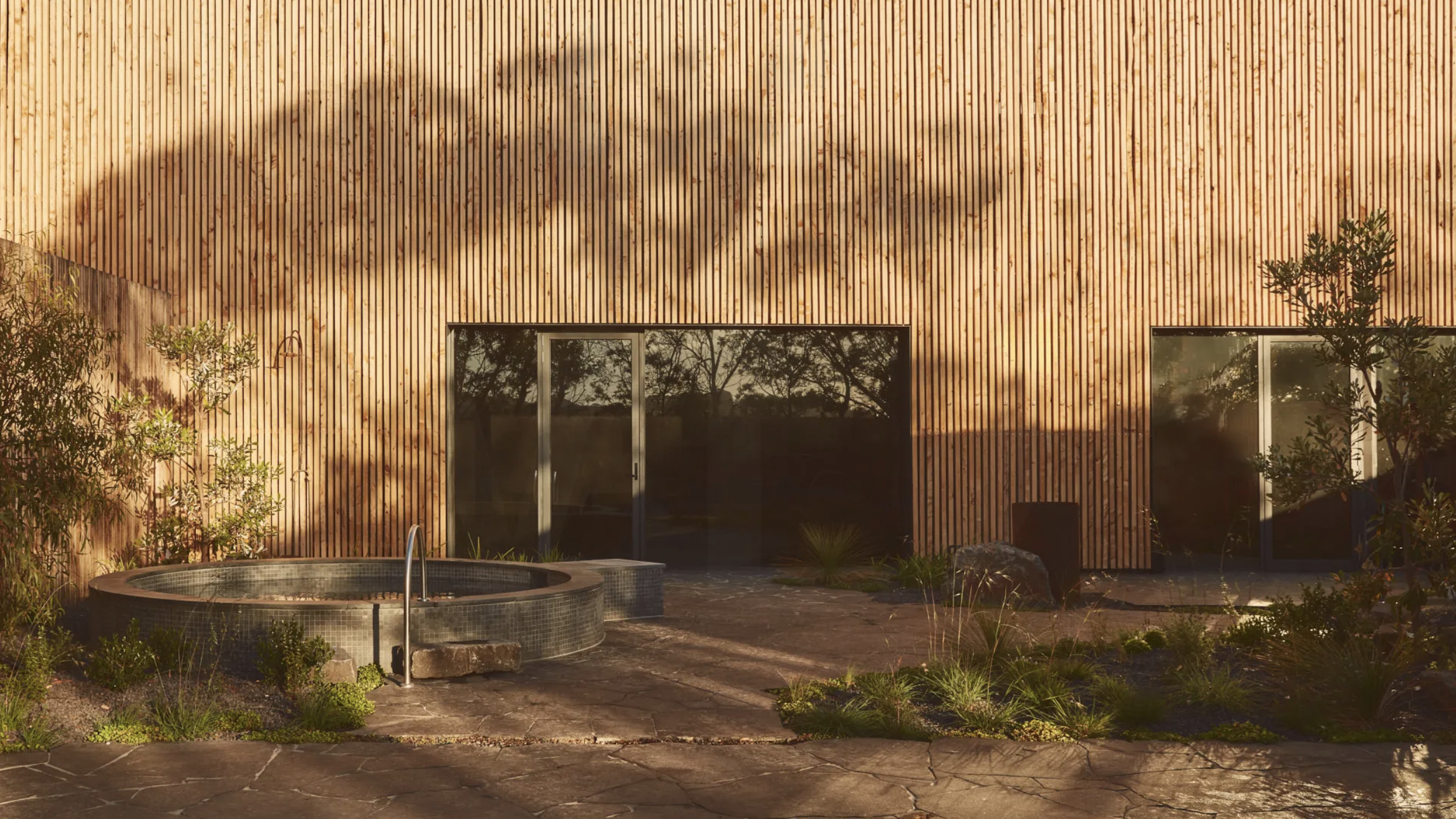 Australian bathhouse ‘About Time’ bridges softness and brutalism
Australian bathhouse ‘About Time’ bridges softness and brutalism‘About Time’, an Australian bathhouse designed by Goss Studio, balances brutalist architecture and the softness of natural patina in a Japanese-inspired wellness hub
By Ellie Stathaki
-
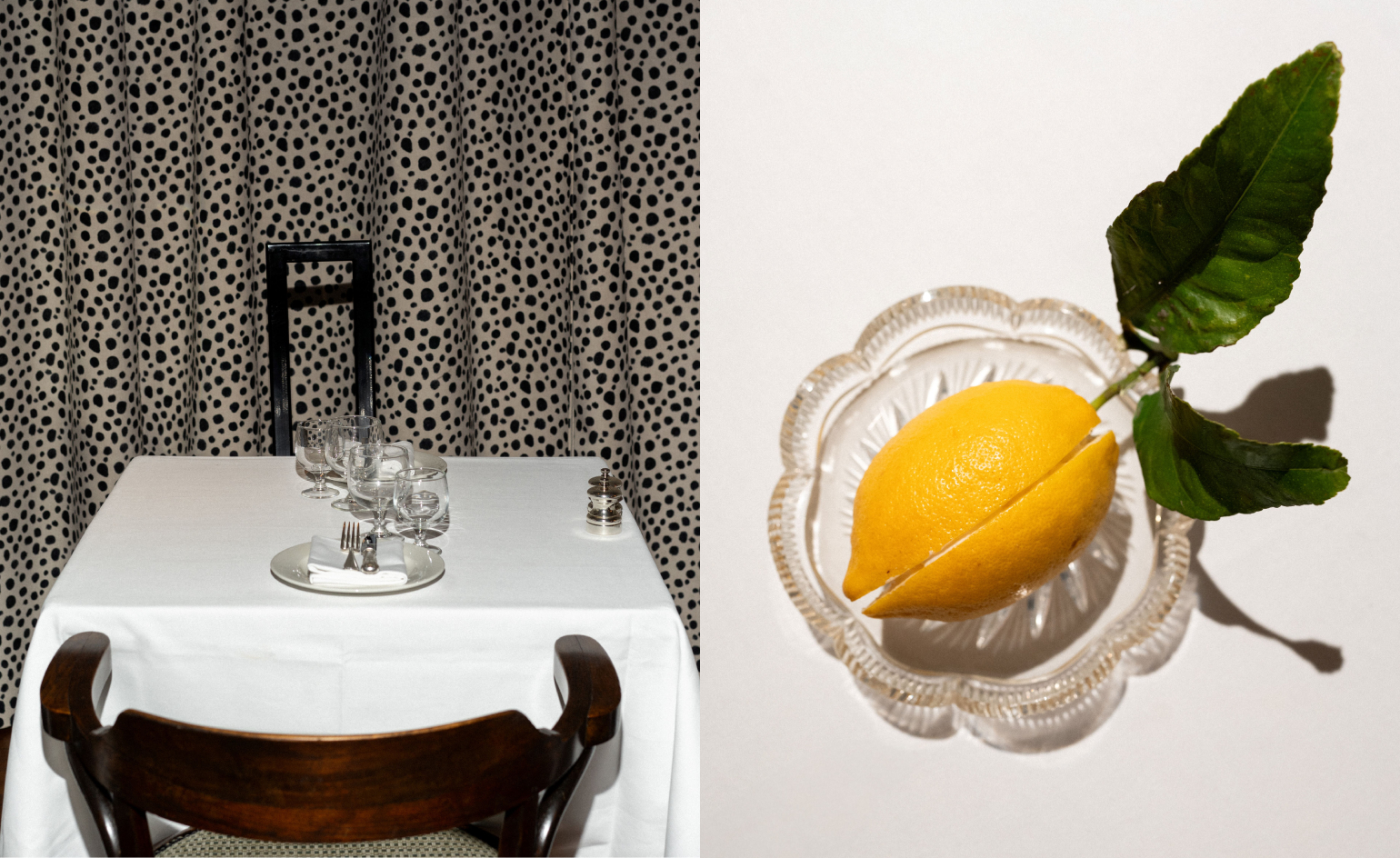 Marylebone restaurant Nina turns up the volume on Italian dining
Marylebone restaurant Nina turns up the volume on Italian diningAt Nina, don’t expect a view of the Amalfi Coast. Do expect pasta, leopard print and industrial chic
By Sofia de la Cruz
-
 Microsoft vs Google: where is the battle for the ultimate AI assistant taking us?
Microsoft vs Google: where is the battle for the ultimate AI assistant taking us?Tech editor Jonathan Bell reflects on Microsoft’s Copilot, Google’s Gemini, plus the state of the art in SEO, wayward algorithms, video generation and the never-ending quest for the definition of ‘good content’
By Jonathan Bell
-
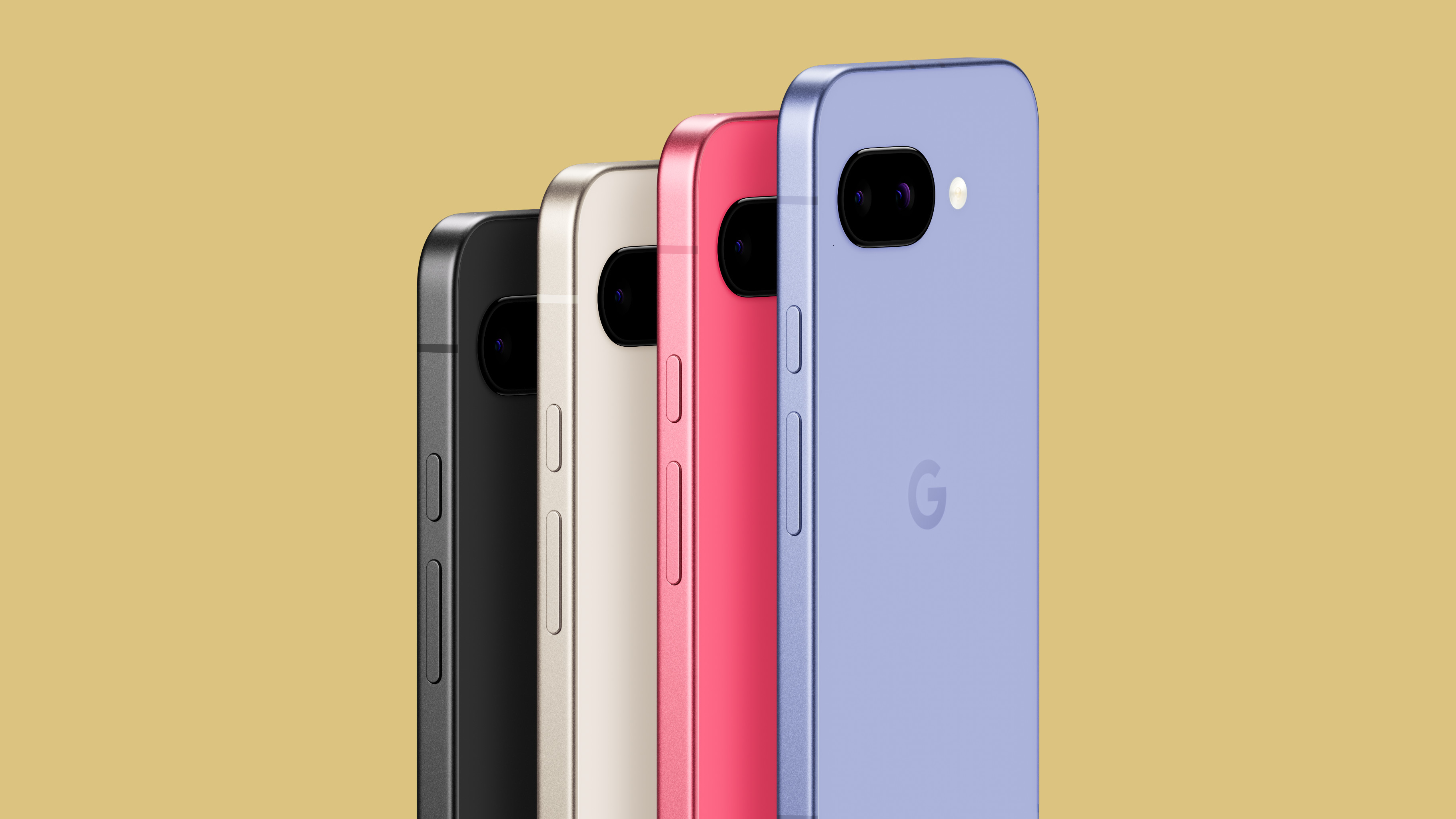 The new Google Pixel 9a is a competent companion on the pathway to the world of AI
The new Google Pixel 9a is a competent companion on the pathway to the world of AIGoogle’s reputation for effective and efficient hardware is bolstered by the introduction of the new Pixel 9a, a mid-tier smartphone designed to endure
By Jonathan Bell
-
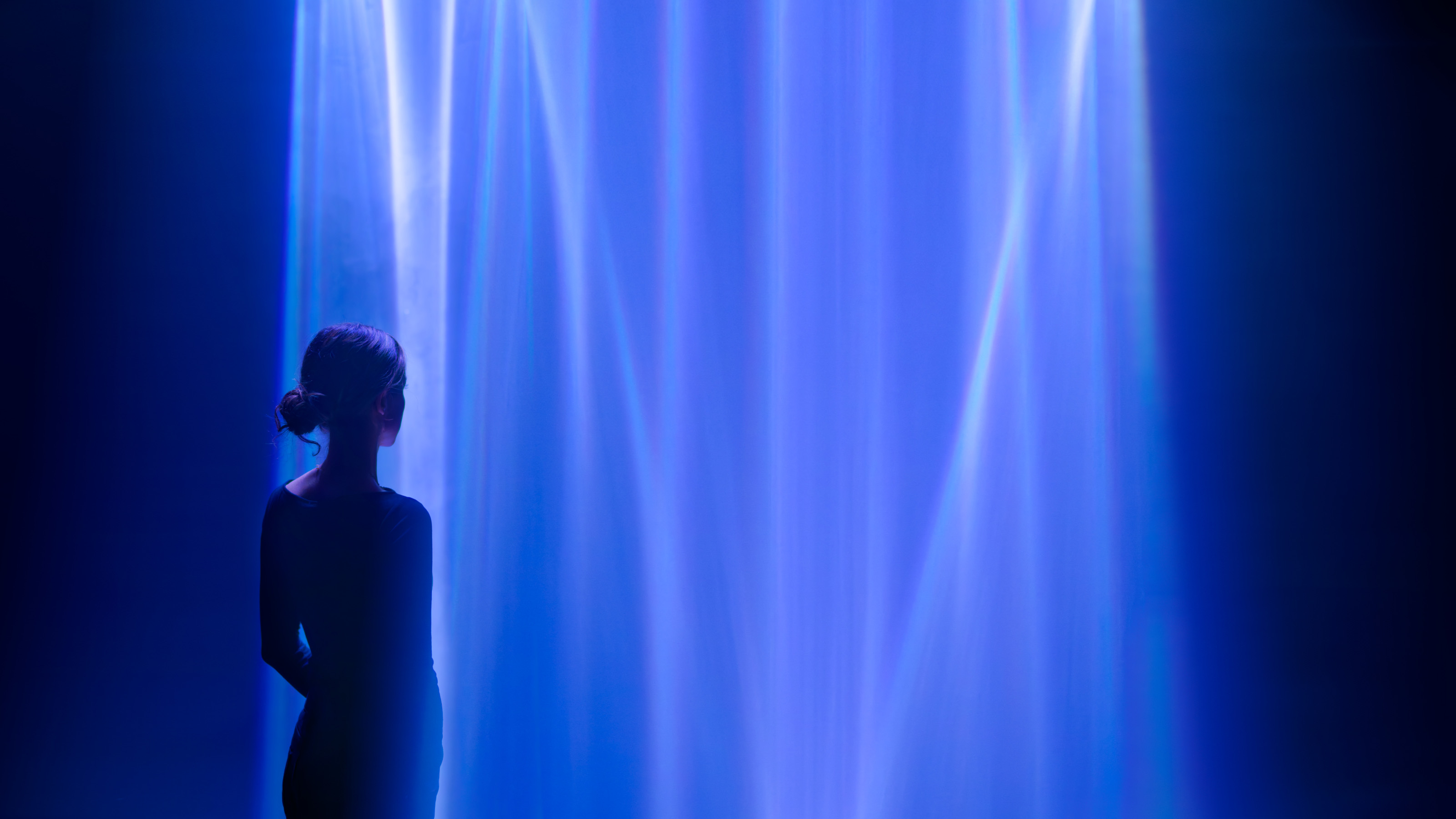 Artist Lachlan Turczan and Google's 'Making the Invisible Visible' at Milan Design Week 2025
Artist Lachlan Turczan and Google's 'Making the Invisible Visible' at Milan Design Week 2025All that is solid melts into air at Garage 21 in Milan as Google showcases a cutting-edge light installation alongside a display of its hardware evolution and process
By Jonathan Bell
-
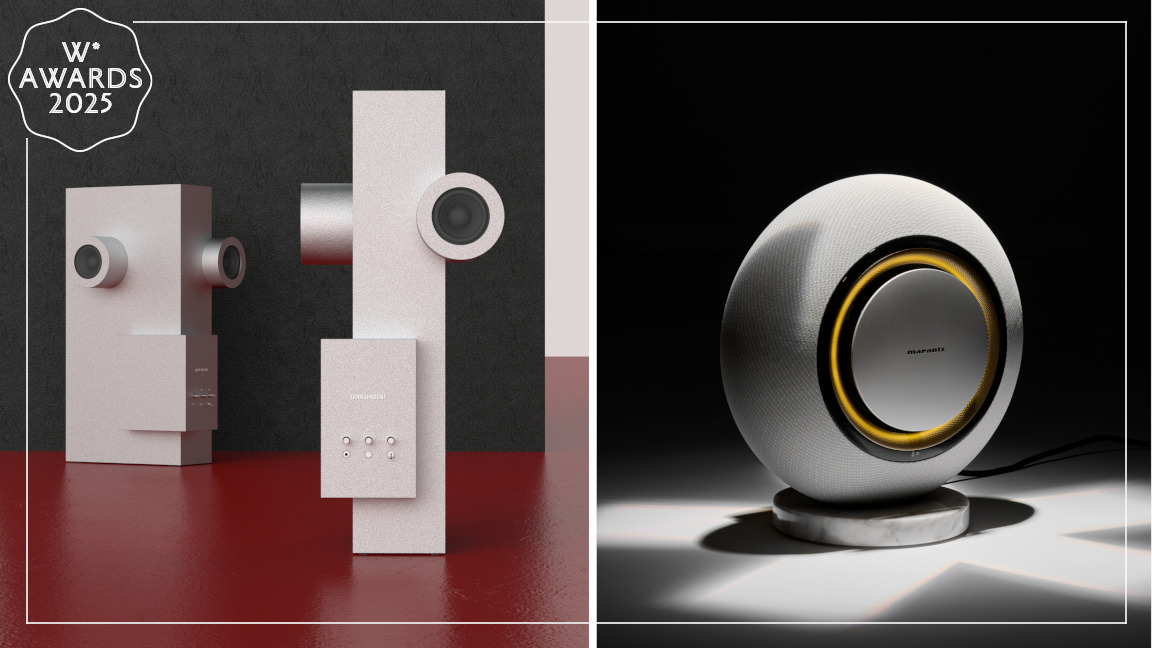 Wallpaper Design Awards 2025: In tech, we’re worshipping at the altar of inanimate objects, not smart devices
Wallpaper Design Awards 2025: In tech, we’re worshipping at the altar of inanimate objects, not smart devicesThe very best contemporary technology, as celebrated by the 2025 Wallpaper* Design Awards and detailed by tech editor Jonathan Bell – watch the video
By Jonathan Bell
-
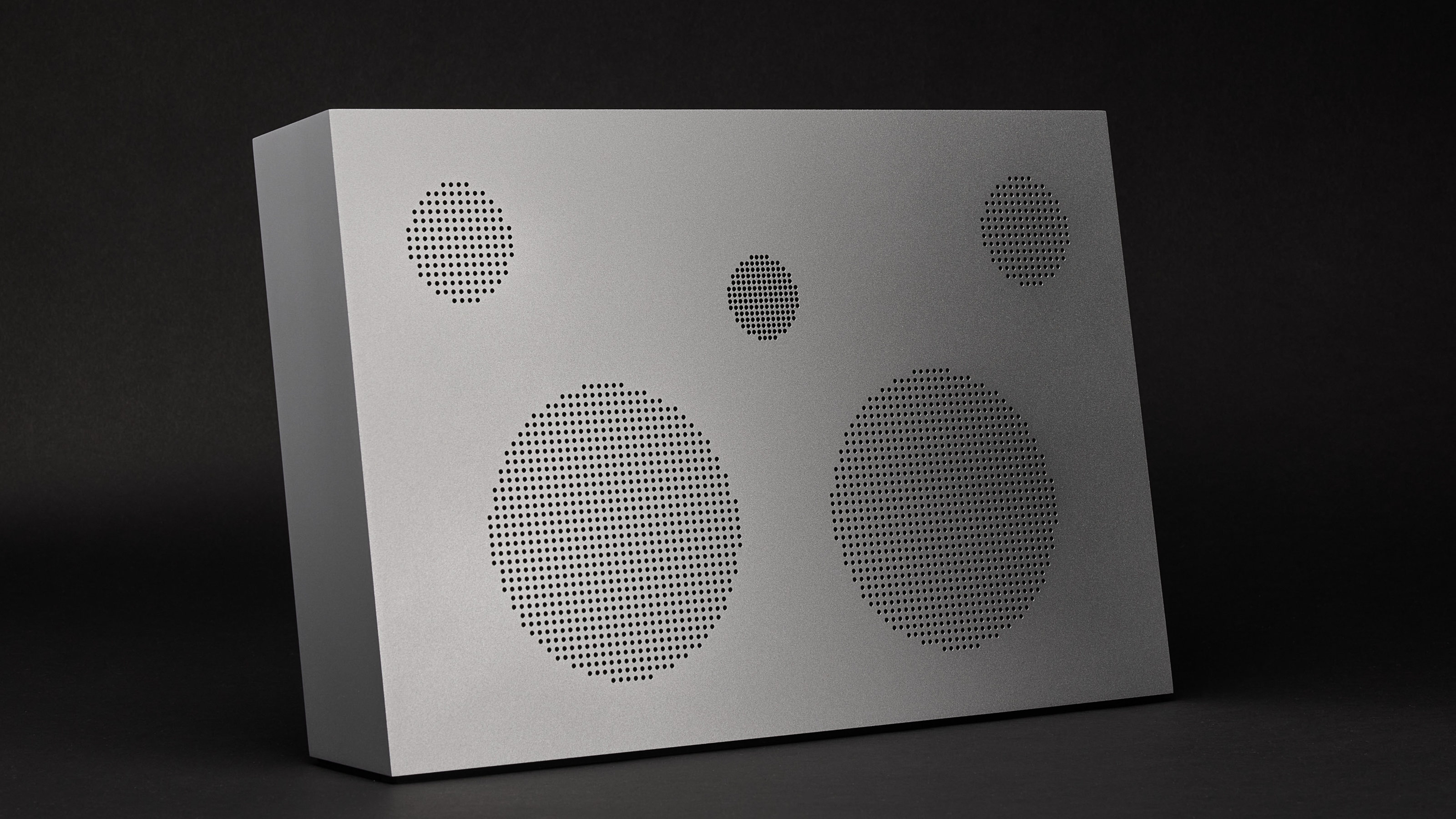 Year in review: top 10 audio acquisitions of 2024, as chosen by Wallpaper’s Jonathan Bell
Year in review: top 10 audio acquisitions of 2024, as chosen by Wallpaper’s Jonathan BellThe best audio technology of 2024, from pocketable earbuds to room-filling speakers
By Jonathan Bell
-
 Is the new Google Pixel 9 Fold Pro the ultimate do-it-all device?
Is the new Google Pixel 9 Fold Pro the ultimate do-it-all device?Google's Pixel 9 Pro and Pixel 9 Fold Pro go head to head in our hands-on test of the latest generation of AI-infused smartphones
By Jonathan Bell
-
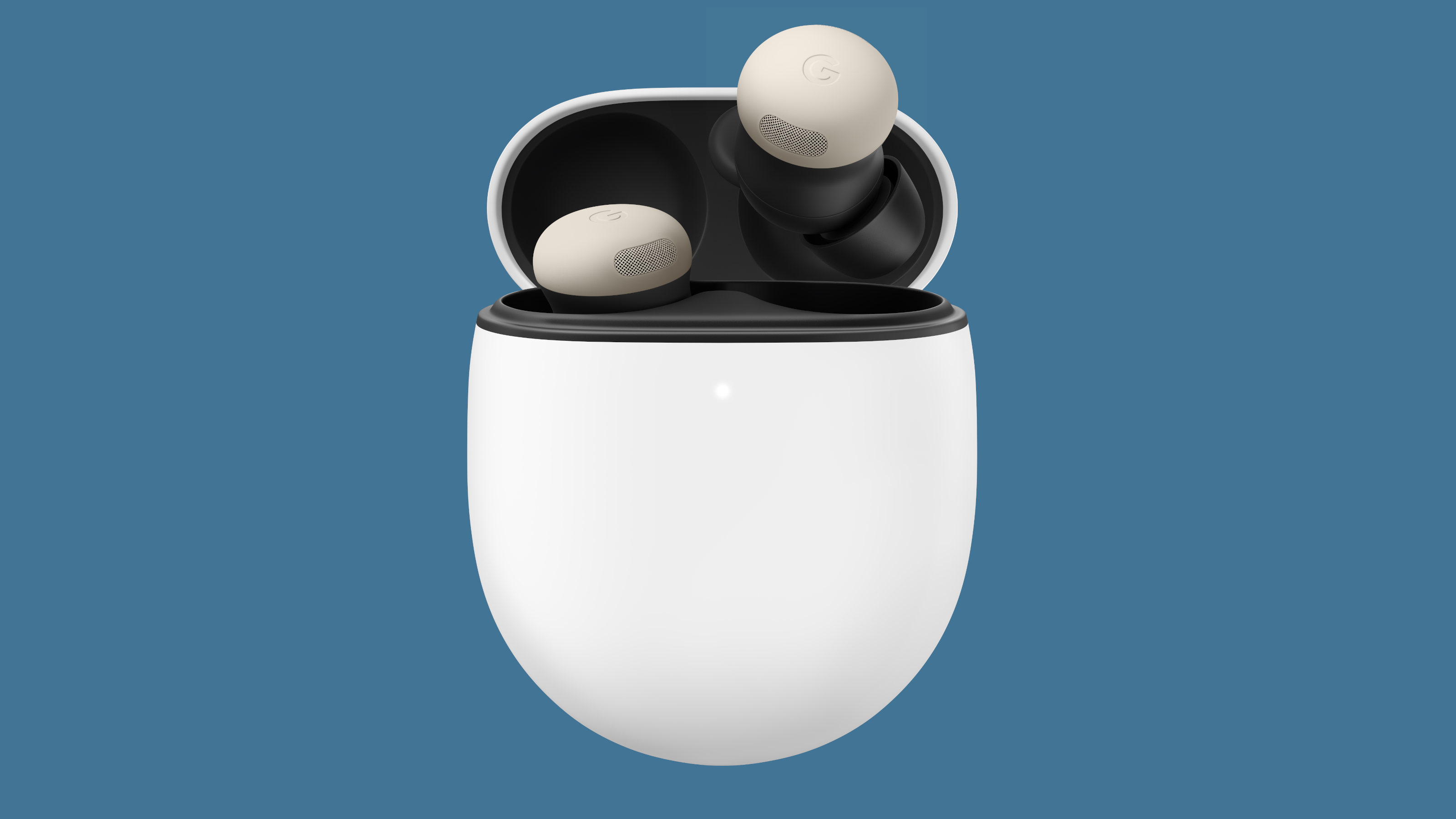 New earbuds for audio and AI interaction, courtesy of Google, Denon, and more
New earbuds for audio and AI interaction, courtesy of Google, Denon, and moreThe age of AI comes to your earbuds with the arrival of the new Google Pixel Buds Pro 2. We explore these and seven more of the newest and best-designed wireless earbuds as alternative choices
By Jonathan Bell
-
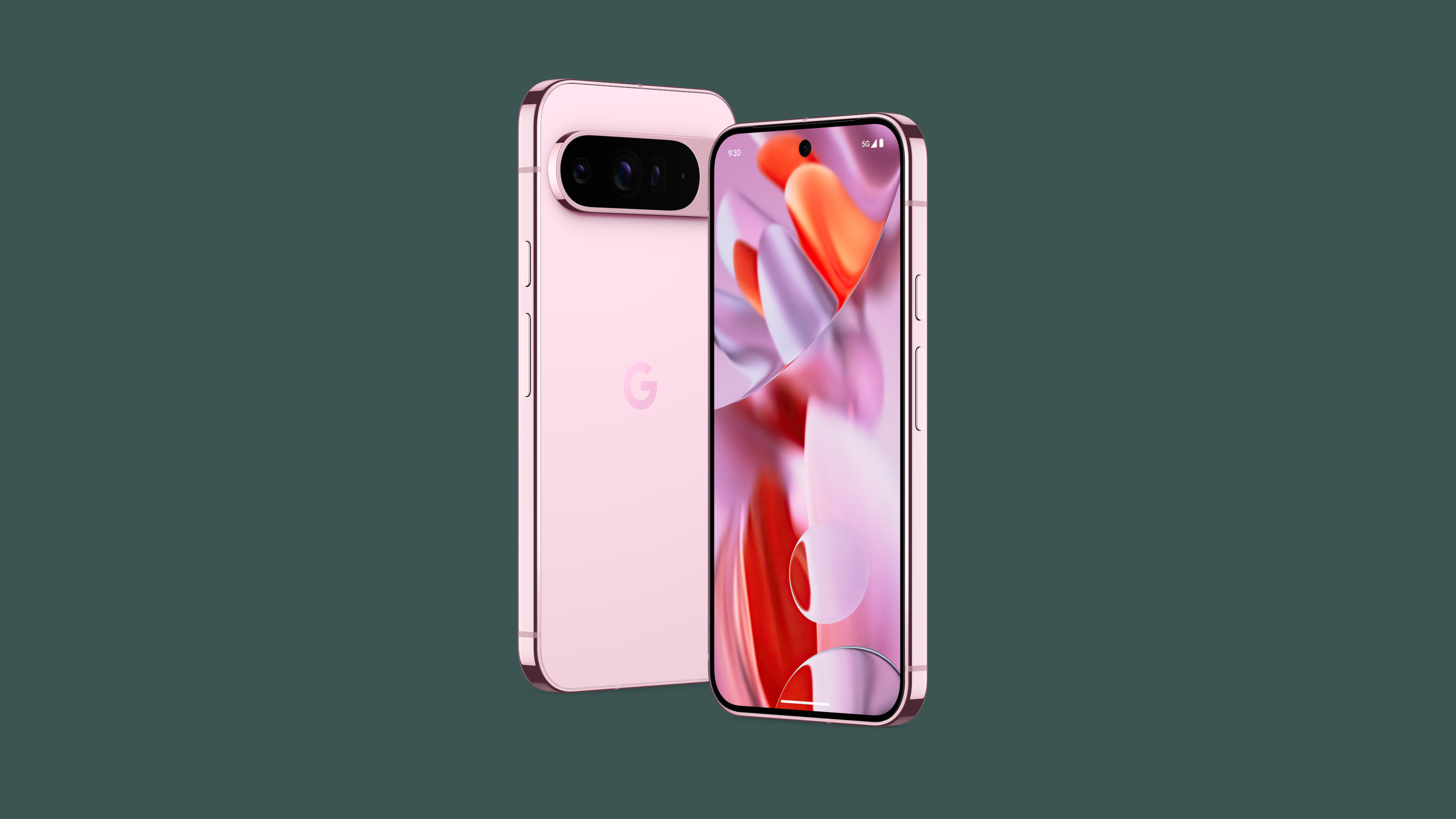 We meet Google’s head of phone design Claude Zellweger to explore the new Pixel 9 series
We meet Google’s head of phone design Claude Zellweger to explore the new Pixel 9 seriesGoogle’s annual drop of new mobile devices is here. We get hands on with the Pixel 9 family and discuss design, AI and smartphone longevity with Google’s Claude Zellweger
By Jonathan Bell